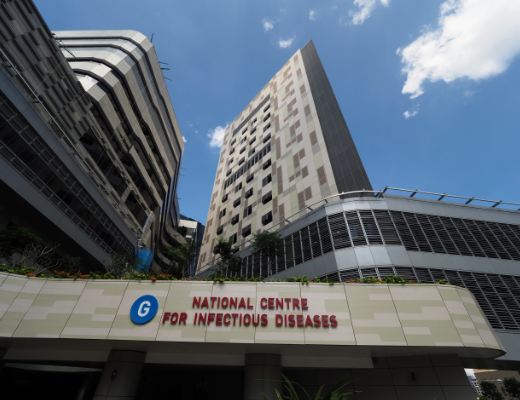
National Centre for Infectious Diseases (NCID) has officially opened in Singapore that replaces the old Communicable Disease Centre (CDC).
CDC, established in 1907, has played a critical role for well over a century in combating outbreaks in Singapore. Recognising the need to further strengthen its capability to manage novel diseases, the Ministry of Health (MOH) has set-up NCID as a national centre to replace CDC.
Gan Kim Yong, Minister of Health said at the opening ceremony, "In the past two decades, Singapore had experienced several emerging infectious disease outbreaks, including Nipah in 1999/2000, Severe Acute Respiratory Syndrome (SARS) in 2003, pandemic influenza A(H1N1) in 2009, and Zika in 2016. Novel infectious diseases continue to emerge in many parts of the world, with diseases such as avian influenza, the Middle East Respiratory Syndrome (MERS) and Ebola causing concern about the risk of spreading to more regions. These infectious disease challenges remind us that Singapore must continue to strengthen our infectious disease capabilities and capacities, as well as remain vigilant against these threats."
NCID is built with the capability to provide both routine care and in incidents of infectious disease outbreaks with surge capacity. It is equipped with a comprehensive suite of facilities benchmarked to international standards and best practices for treatment and safety in dealing with infectious diseases. For instance, the High Level Isolation Unit in NCID is designed to manage highly infectious and virulent infections such as Ebola. This isolation unit is fully equipped to provide care for infection control, and has an on-site laboratory and autoclave facilities.
The key public health units in NCID include the National Public Health Laboratory, National Public Health and Epidemiology Unit, Infectious Disease Research and Training Office, Antimicrobial Resistant Coordinating Office, and the National HIV and Tuberculosis programmes. These units are poised to become reference centres of excellence in their respective areas of work for the local healthcare system and beyond.




